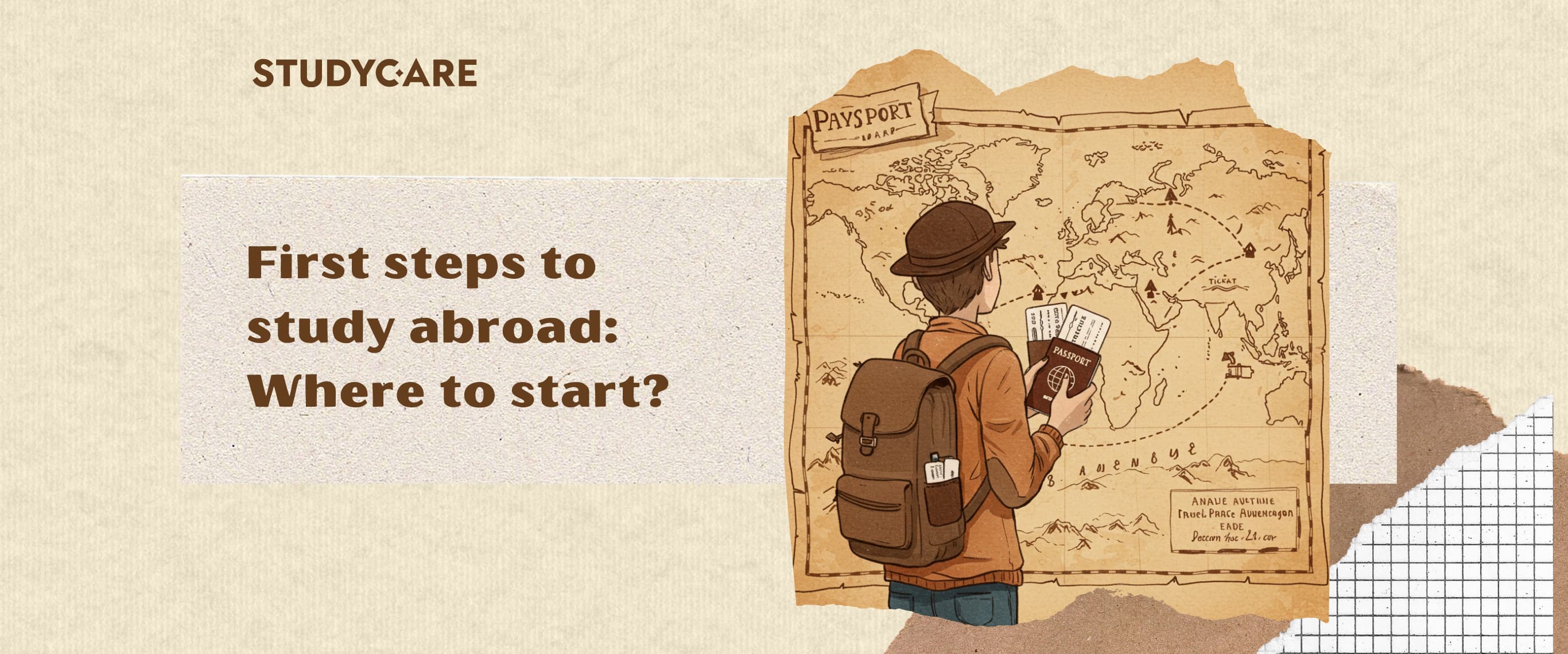All
8 min read
First steps to study abroad: Where to start?
29.03.2025

Studying abroad is a dream for many, but to make this dream a reality, it is very important to know where to start and to manage the process accurately. Proper planning and timely steps taken during the university application process increase the chances of students being accepted. If you also want to study abroad, but don't know where to start, let's take a look at this issue together. In this article, we will explain the main stages leading to studying abroad step by step.
Before you decide to study abroad, you should answer the following questions.
Finding answers to these questions will help you define your goal and make better choices.
Every country you want to study abroad in has its own education system and university admissions rules. There are a lot of options in this regard. We have compiled some of the most popular countries for you.
When choosing a country and university, you should consider factors such as tuition fees, living costs, job opportunities, ratings of educational institutions, and personal criteria.
Most universities have specific requirements for studying abroad. The most common ones are:
It is very important to check the documents and admission requirements required by your target university in advance and start preparing accordingly.
It is well known that studying abroad requires some financial expenses. However, many universities and organizations offer scholarships for international students. Therefore, before applying to universities, follow these steps:
It is important to prepare your financial plan in advance and research possible scholarships. Try to take advantage of these opportunities to make your academic life more comfortable.
Studies show that people who move abroad experience depression and adjustment difficulties in the initial stages. However, it is possible to get through this phase more comfortably. To overcome these difficulties, it may be helpful for you to make small preparations such as the following.
Remember, the more information you gather about the university you will study at and the country you will live in, the easier the adaptation process will be for you.
There is no specific age limit for studying abroad, it depends on the program and the country. However, for most bachelor's programs, it is enough to be over 18 years old. There is no age limit for master's and doctoral studies.
Competition for scholarships is high, but you can increase your chances with good academic performance, participation in social activities, and a strong motivation letter. To do this, you should definitely research the requirements of each program in advance.
It depends on your major, personal preferences, and needs. But in general, the US and UK are recommended for English language proficiency, Germany and France for free education and scholarships, and Canada and Australia for convenient job opportunities.
To study abroad, first define your goals, choose the right university and country, adapt to the language requirements, and prepare your documents. Remember, taking the right steps by conducting planned research will set you apart from others and increase your chances of success. Thus, you will be one step closer to your dream of studying abroad.
Contact us for more information, personalized advice, and professional support.
Tools and strategies modern educators need to help students grow